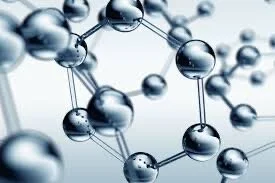When it comes to nourishing our bodies and supporting healthy skin, whole foods should always be the primary source of nutrition, with supplements serving as a secondary tool when needed. While supplements can help fill gaps in the diet, they should never replace the complex, balanced nutrition that real food provides. Here’s why:
Winter Skin Care: Hydration from the Inside Out
Winter can wreak havoc on your skin, leaving it dry, flaky, irritated and uncomfortable. Combatting dehydrated skin during the colder months isn’t just about slathering on lotion—true hydration starts from within. To keep your skin healthy and hydrated, you need a combination of internal and external care. Here's how drinking more water, eating essential fatty acids (EFAs), and moisturizing can help combat dehydrated skin this season.
All Things Pumpkin
The Benefits of Pumpkin for your Skin
As the weather starts to cool (at least here in PA it’s getting cooler) we are all getting excited for the Fall season and everyone is craving everything pumpkin flavored. We’re decorating with pumpkins, ordering pumpkin spiced lattes, burning pumpkin scented candles and the list goes on. Not into these seasonal rituals? You can get your pumpkin fix through your skincare routine! Were you aware of all the benefits that pumpkin can have on your skin? WELL! Let me share some of them with you!



